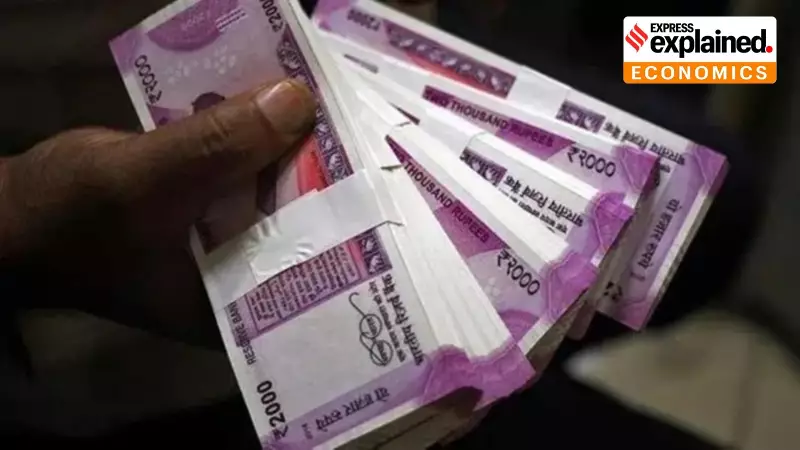
The countdown has begun for what could be the most significant financial boost for India's government workforce in a decade. The much-anticipated 8th Pay Commission is poised to reshape the compensation landscape for millions of central and state government employees, with implications that could ripple through the entire economy.
Why This Pay Commission Matters More Than Ever
Unlike previous commissions, the 8th Pay Commission arrives at a crucial juncture in India's economic journey. With inflation concerns and rising living costs, government employees are eagerly awaiting substantial relief. The commission's recommendations are expected to address not just basic pay revisions but also overhaul the entire compensation structure.
Key Areas of Expected Transformation
1. The DA Merger Game-Changer
The potential merger of Dearness Allowance (DA) with basic pay could be the most transformative element. Currently standing at 50%, merging this allowance would significantly elevate the base for calculating other benefits and future increments, creating a compounding effect on overall compensation.
2. Comprehensive Allowance Restructuring
Beyond basic pay, employees can expect substantial revisions in:
- House Rent Allowance (HRA)
- Travel Allowance (TA)
- Medical benefits and insurance coverage
- Special duty allowances
3. Pension Scheme Modernization
The National Pension System (NPS) is likely to see significant reforms, addressing long-standing concerns about post-retirement security. Existing pensioners under older schemes can also expect substantial hikes aligned with the new pay structure.
Economic Ripple Effects
The implementation of the 8th Pay Commission will extend far beyond government offices. The substantial increase in disposable income for millions of employees is expected to:
- Boost consumer spending across sectors
- Stimulate demand in housing and automotive markets
- Increase government expenditure on salaries and pensions
- Potentially influence private sector compensation trends
Timeline and Implementation Expectations
While the official constitution of the commission is awaited, most experts predict it will be formed in 2024, with recommendations likely to be implemented from January 2026. The preparatory work has already begun within various government departments to ensure smooth transition when the new structure takes effect.
The bottom line: The 8th Pay Commission represents more than just periodic salary revision—it's a comprehensive reimagining of government compensation that could set new benchmarks for the entire organized sector in India.





